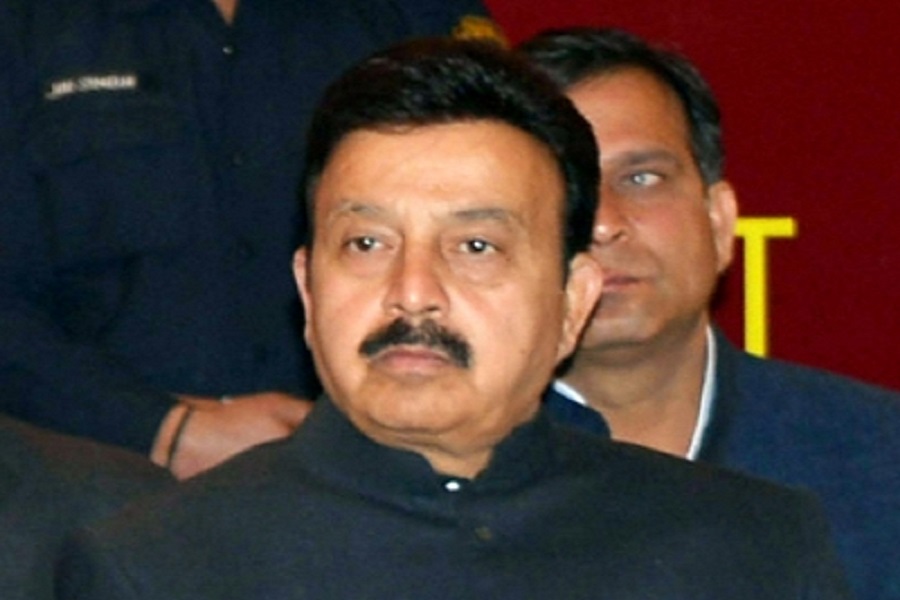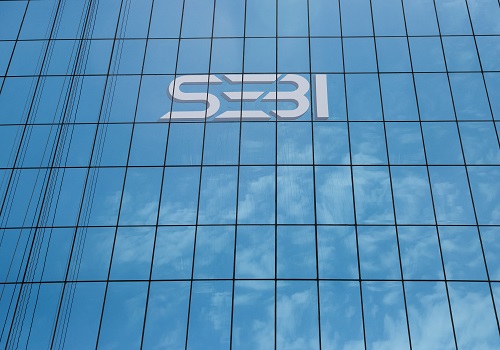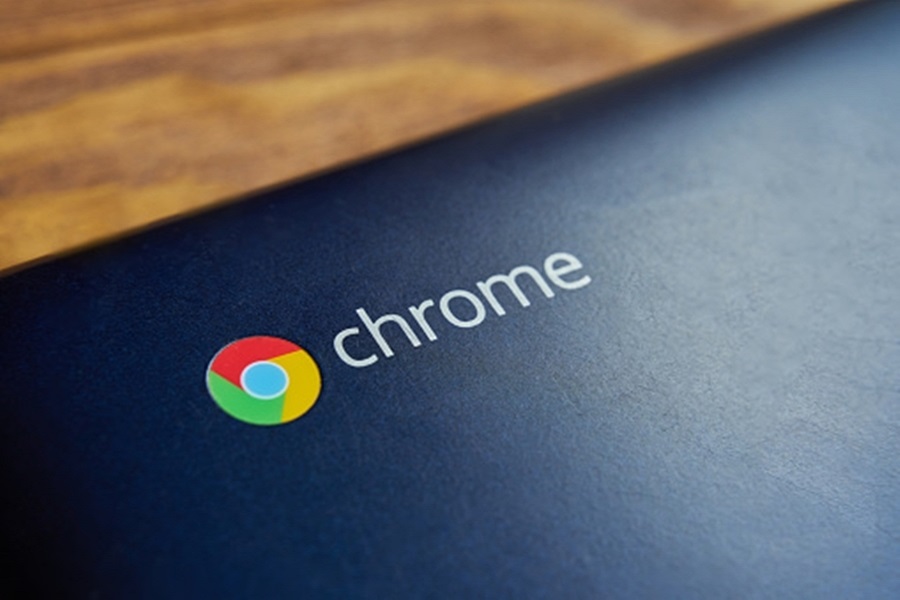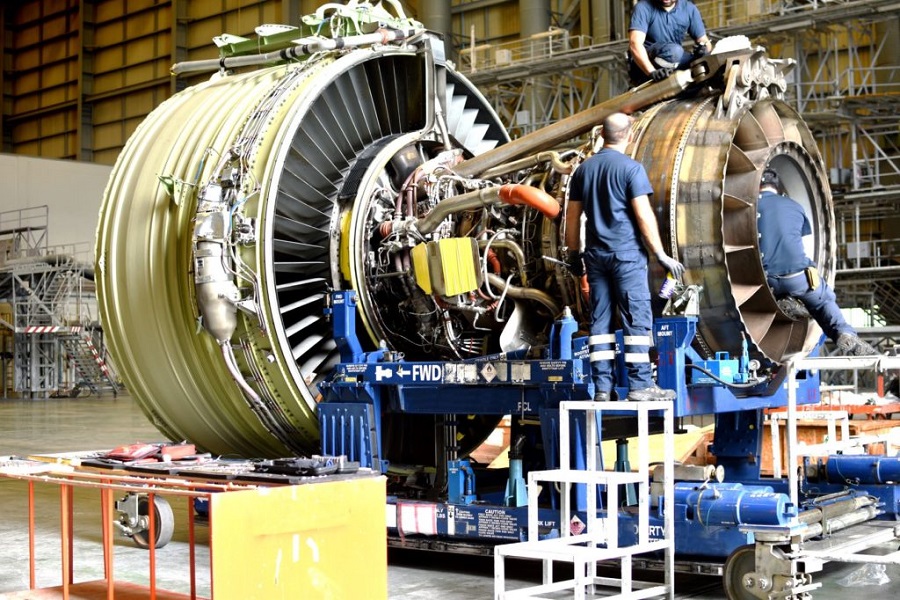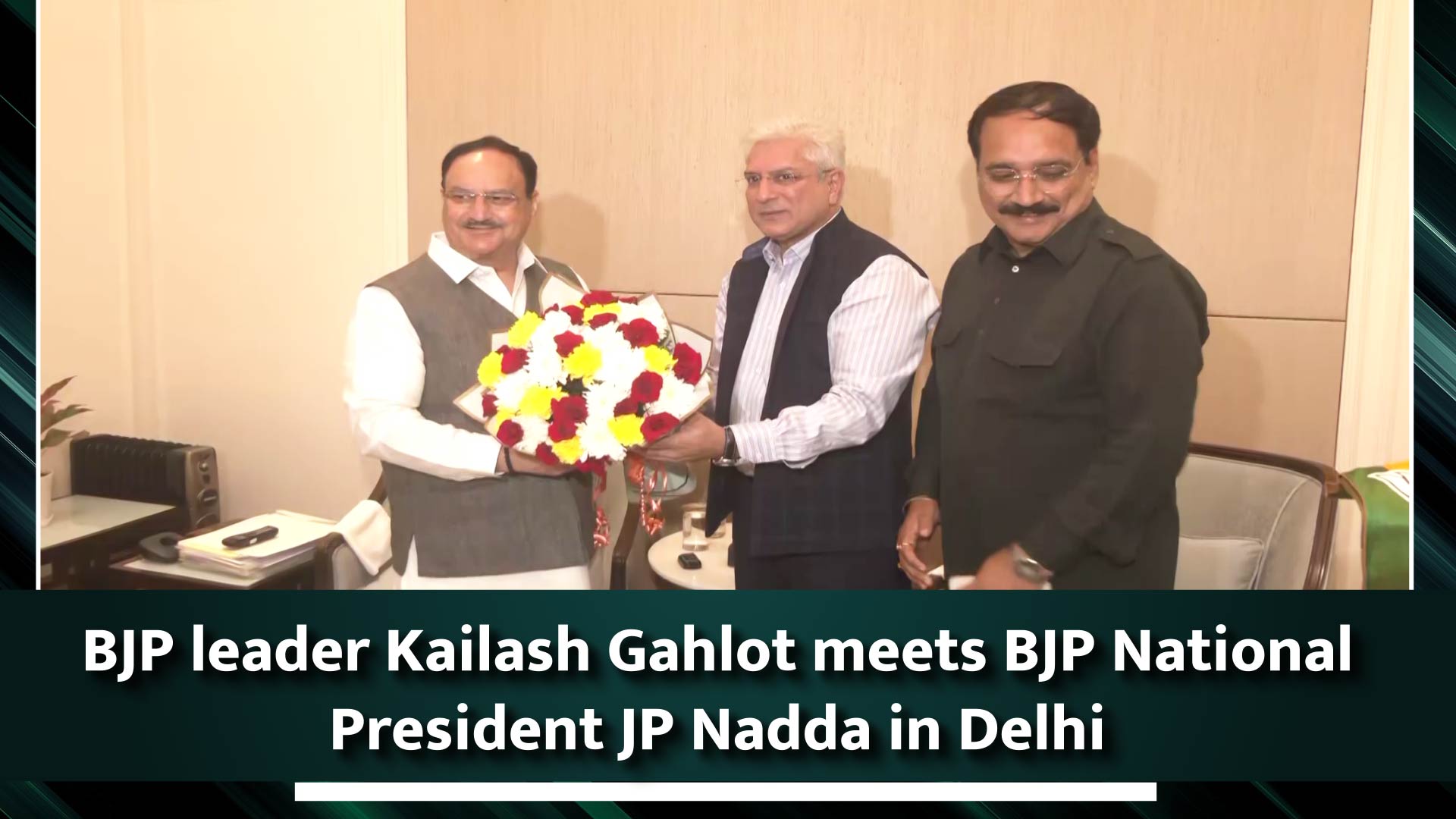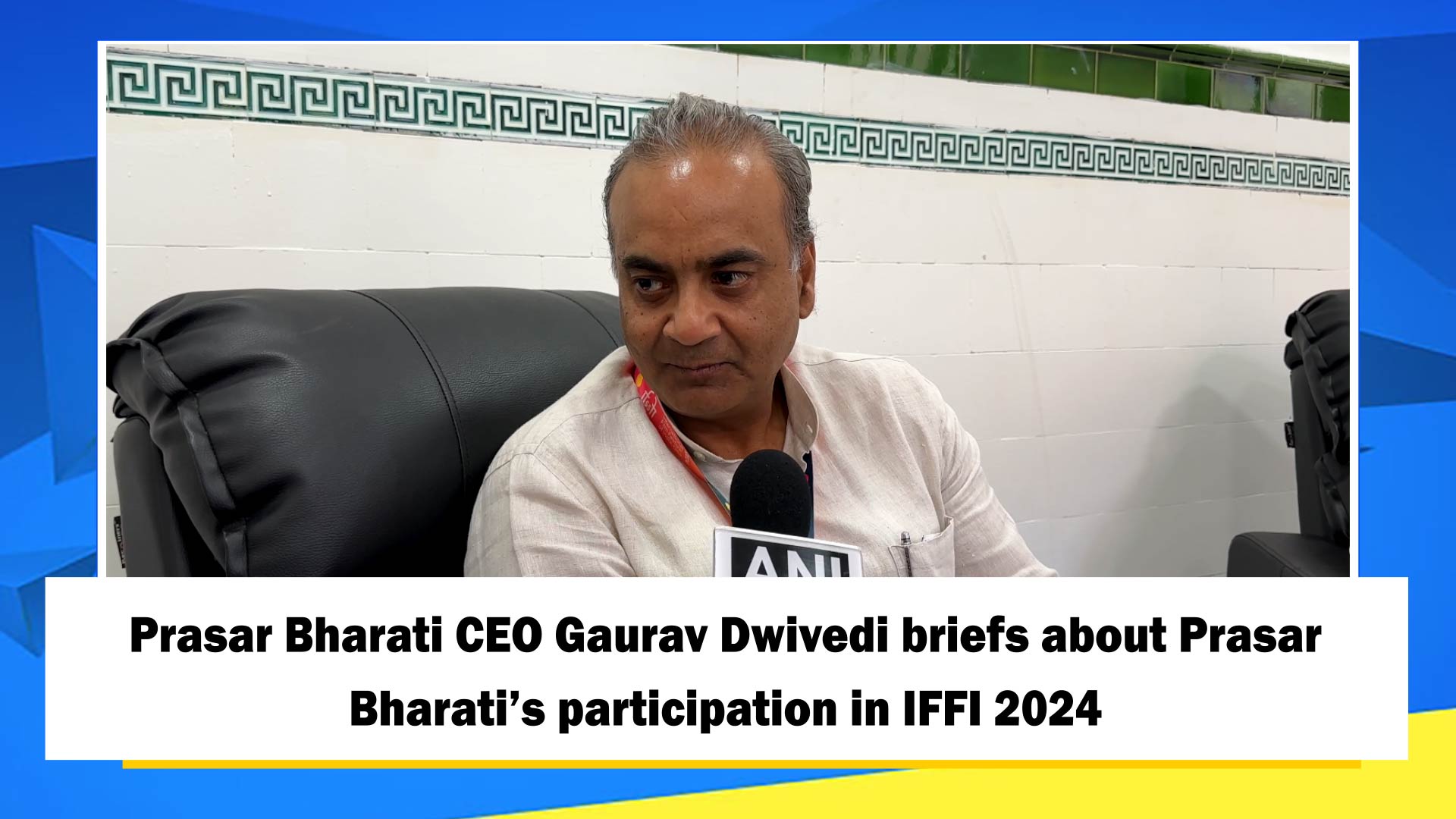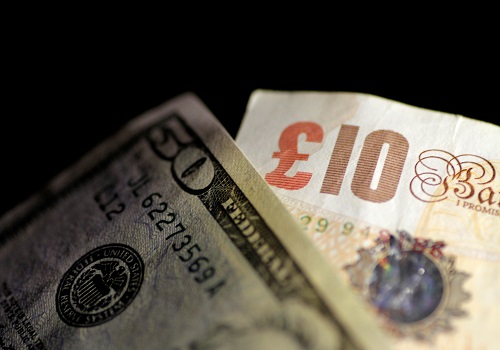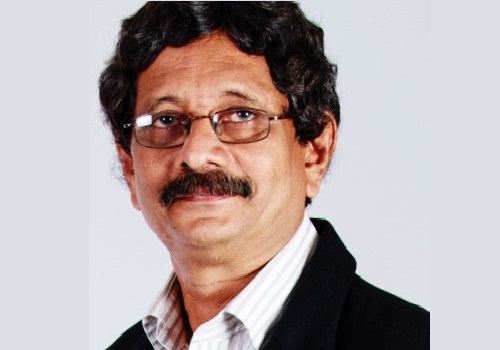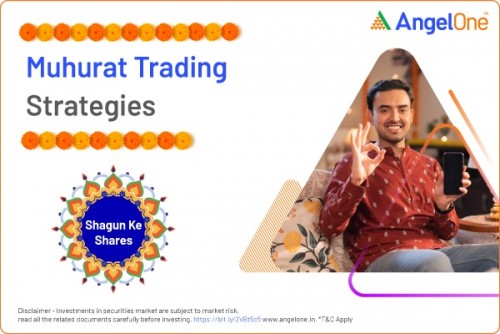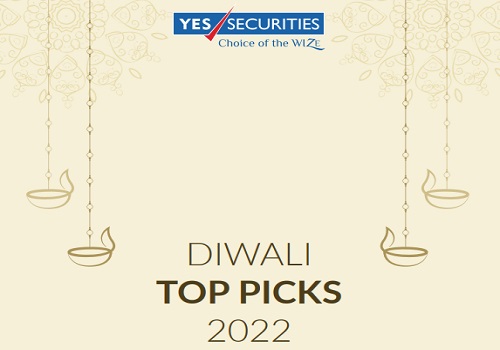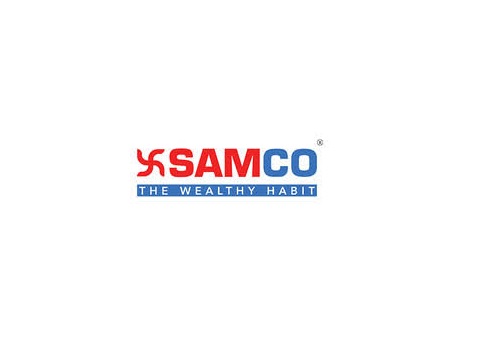Investment Pics For Diwali 2020 By Nirmal Bang

Follow us Now on Telegram ! Get daily 10 - 12 important updates on Business, Finance and Investment. Join our Telegram Channel
AU Small Finance Bank
AU SFB offers a unique opportunity to participate in a business model having nimbleness and pricing power of NBFCs on one hand and deposit generating ability of banks on the other. More importantly, the business offers investors a proven track record of delivering an optimum mix of high growth, superior asset quality and high ROE which is rare to find among Indian financials. These robust metrics are founded upon
(i) Strong capabilities of first generation promoter, Mr Sanjay Agarwal,
(ii) Strong processes & underwriting practices developed over last 25 years in core segments of vehicles (40% mix) and small business loans (39% mix) catering to unbanked/underbanked borrowers without any formal income documentation,
(iii) Exposure to Rajasthan restricting competition from South based NBFCs owing to poor accessibility & low population density. Only 3.0% of AU’s customers have not paid a single installment since March on the back of covid pandemic compared to 5-10% for most other similar sized financials. Further, this 3.0% figure is likely to trend down by Q3FY21. AU holds 1.0% of contingent provisions against this pool. However, we conservatively build in total covid related credit costs of 1.7% and spread it over from Q4FY20 to Q1FY22.
This will leave some upside risks to our assumptions. With a long run-way for growth (AUM of Rs. 30,590 Cr) and visible ROE stabilization at 18-20% in the medium term on the back of - strong AUM CAGR of ~30% over FY21-25E, moderation in opex and lower credit costs, we believe AU’s valuations will gravitate towards that of leading financials demonstrating best in class ROE, growth & asset quality profile. We value AU at PE/G of 1x at 30x Sep 2022 EPS at Rs. 1025. At our target price, AU would trade at an implied P/BV of 5.3x Sep 2022.
Bajaj Consumer
Bajaj Consumer Care Ltd (BCCL) is a leading player in light hair oil category. Total branded Hair oil is 2nd largest personal care category in India at ~ Rs.13,223 cr. Company is present in non-coconut hair oil segment and has portfolio of hair oil product comprising of Badam, Amla, Cooling oil.
The company has 10% market share in oil market and around 55% in light hair oil. Company product reaches to around 40 lakh outlets, which is one of the highest. As a part of Bain & Company Brand Accelerator Model, the company will be penetrating in Micro Market with right product suitable for that market. It is called as “Project Vistaar”. The project was test launched in two states – West Bengal and Uttar Pradesh. Initial results from both states have been encouraging across key parameters.
For the time being, the company has slow down the process but would accelerate once the COVID situation stabilizes. Company is looking to introduce various variant of existing products and targeting 5% of revenue from new products. BCCL has strong balance sheet with Net cash of ~Rs 440cr (including short term investments) and ROE of 29.1% in FY20.
However, valuations are lower on account of matured market with low growth rates and being a mostly single product company. After 3 quarters of de-growth, Q2FY21 has seen growth of 3%. We believe this growth will further improve in coming quarters and this can lead to improvement in valuation of company. The stock is trading at 12.9x/11.8x on FY21E/FY22E consensus earnings. We are valuing the stock at 16x FY22E earnings
Bajaj Finance
BFL has transformed itself from a captive auto financier offering two wheeler loans for Bajaj Auto to one of the most successful well diversified retail NBFCs across automobiles, consumer, SME, rural and commercial businesses. It is the market leader in consumer durable and digital financing.
Total loans stand at Rs. 1,37,090 as on Q2FY21. BFL is likely to sustain 25% CAGR in AUM over FY21-23 on the back of (i) a small overall market share of 140 bps and low share in large segments like mortgages and SME, (ii) client mining (it has the third-largest customer base among private financiers, after banks like ICICI and HDFC) and (iii) continued traction in customer acquisition.
On Covid-19 impact on business, the stressed/moratorium loans as % of total AUM have declined from 27% in April to 15.5% in June to 8% in September. We expect half of this book to slip into NPAs. In-line with its historical track record, BFL is upfronting provisioning in FY21 for Covid induced defaults.
Thus credit cost would peak in FY21 at 4.3% and subside to 2.1%/1.6% in FY22/23. BFL expects disbursements to reach pre-covid levels by March 2021. Backed by strong loan growth of 25% over FY21-23, we expect PAT to grow at 56% over the same period and deliver ROE of 20% +. We recommend BUY on the stock for a target price of Rs 5,025 (30x Sep 2022 EPS).
Bharti Airtel Ltd
Since June , till date the stock has corrected by 20% due to Promoter stake sale and MSCI cut , looking on a long term view, we feel the correction has made the stock attractive Despite the launch of RJIO, Airtel was able to maintain to its market share of around 28% which indicates its strong competitiveness in the market ARPU has increased to Rs 162 .ARPU are further likely to improve with tariff increase.
Looking at the consolidation and stress in sector and level of tariff in India we expect tariff to further improve in coming period which will further improve the margin. Management keeps guidance intact of Rs 200 ARPU and eventually taking to Rs 300 , however the timeline is not defined Airtel has done Capex of Rs 25358 cr in FY20
The Capex level are likely to remain under control in coming period till preparation for 5G starts. Going ahead, with higher EBITDA accompanied with lower capex will improve the free cash flow of the company. Airtel has a AGR liability around of Rs 43980cr of which company has already paid Rs 18004 cr.
Government is considering balance payment over a period of 20 year with nominal interest. Considering the recent fund raised by Bharti through QIP and FCCB Airtel will be able to meet its liabilities In the current scenario of outbreak of COVID 19 Telecom sector is less impact and even to some extent benefiting from work from home culture. Stock is trading at 6x EV/EBITDA as on FY22E which we feel is attractive
CCL products
CCL products is one off the leading private label instant coffee manufacturer. It has three manufacturing facilities - two in India and one in Vietnam with total capacity of 35,000 MT including the freeze dried plant in India of 11,000 MT.
The company has capabilities of manufacturing both spray dried and freeze dried coffees. Freeze dried coffee commands as much 20% higher realization and higher margin over spray dried. Vietnam plant is highly profitable and running at full capacity. In view of increased demand, the company is going for debottlenecking and expanding the capacity to 13,500 tons from current 10,000 tons by year end.
CCL’s new labeling and packaging plant would be operational by Q1FY22 which will further add to revenue. In H1FY21, freeze dried volumes got impacted due to one of the plant shutdown related to COVID for almost two months however 2H is likely to see yoy growth Branded Business – Company entered into domestic Branded business in 2014 with Continent brand.
Over a period it has developed the brand gradually with introduction of various variants of coffee and up-gradation of management bandwidth (Praveen Jaipuriar Ex Dabur joined in 2017) and brand is now getting traction. In FY20, Continent Branded sales grew by 40% and reached to around Rs.50-55cr. In H1 FY21 Continent Brand sales almost doubled and done revenue of around 40-45cr. Company is targeting Branded sales of Rs.100cr in FY22 to reach Billion Brand category.
Company has aspiration to take branded business to Rs.250-300cr in next 3 years. Branded business had incurred loss of around Rs.3.5cr in FY20 but likely to breakeven in FY21 which will increase consolidated profitability as well.
Dixon Technology Ltd
Dixon is the largest Electronic Manufacturing Services (EMS) player in India with a diversified product portfolio across LED TVs (60% mix), Lighting (18%), WMs (Washing Machines) (9%), Mobile Phones & Set Top Boxes (12%), Security (1%).
Competitive edge: The key advantage Dixon enjoys over its competitors is that of ‘scale’. Dixon has manufacturing capacity which is equivalent to 25%/40%/18% of India’s market requirement for LED TVs/Lighting/WMs. This provides Dixon with a huge scale advantage on raw material procurement, logistics and fungibility of capacities. Also a new entrant in this business would have to undergo a gestation period of 5 years. Product approvals from OEMs itself takes around 3 years while another 2 years would be required for the OEM to scale up its requirements in phases.
Massive Industry Tailwind: The Indian EMS industry is expected to grow in excess of 30% CAGR over FY20-25 driven by (i) rising manufacturing costs in other countries (ii) OEMs outsourcing manufacturing part of business which is labor intensive and themselves focus on product and brand development, marketing and distribution, & (iii) growth in end used industry. Govt. policies such as the Mobile PLI scheme (Rs 41,000 Cr budgetary allocation) & ban on import of large TVs will provide a shot in the arm for domestic EMS players, especially Dixon, which will benefit from both these moves of the Govt.
Mobile PLI scheme will propel Dixon to a higher orbit: The scheme provides for an incentive of ~5% on revenues over next 5 years with a year wise ceiling (Rs. 2k/4k/6k/8k/10k). Post bagging one license in the scheme, Dixon targets to generate mobile revenue of Rs. 4k Cr in FY22E and thereafter hit the ceiling revenues in subsequent years. This will result in a quantum increase in revenue from Rs. 4,400 Cr in FY20 to over Rs. 20,000 Cr in FY25E (more than 35% CAGR over FY20-25)
Dixon presents an opportunity to participate in India’s booming EMS industry which is witnessing strong tailwinds via tangible Govt. support. Dixon has a proven track record of achieving leadership in LED TVs, WMs, Lighting by delivering profitable growth and is now targeting to emulate this success in Mobiles. Revenue/earnings are expected to grow at a CAGR of 46%/47% over FY20-23E with an average ROE of 30%.
We recommend to BUY Dixon with a target price of Rs. 14,550, based on 50x Sep 2022E EPS (in line with consumer leading durable OEMs).
Jindal Stainless Steel Ltd
Deleveraging on its way : The Net debt as on Sep’20 stands at Rs 3215cr, we expect the debt to reduce to ~Rs 2400cr by the end of FY22. The company is expected to repay the long term debt aggressively for the next few years. Management is targeting a debt reduction of ~Rs 750-800cr by FY22. We expect significant improvement in its balance sheet going forward.
The Debt /equity as on Sep’20 stands at 1.4x. compared to 3.2x in 2017. This downtrend in net debt level implies significant increase in Market cap. Well positioned to capitalise its capacities with minimum capex: JSL is placed in 800acre land with all the facilities in place, the company has been able to increase its capacity by 37.5% in Q3FY20 through process improvement and debottlenecking at a very nominal capex of Rs 50cr, any next phase of expansion from 1.1mnt to 1.6mnt( if incurred) would require a very minimum investment of Rs 400-500cr.
Imposition of CVD on Indonesian imports likely to boost margins: The GOI has recently imposed provisional CVD on certain flat stainless Steel products from Indonesia to protect domestic stainless steel manufacturers from subsidised imports.
This will enable JSL to improve its EBITDA/tonne. Increased its finance flexibility with successfully exiting CDR: JSL has successfully came out of the CDR through redemption of OCRPS.JSL has paid Rs 276cr and has also settled its OCPRS whose due date was in oct 2020.
With successful exit from CDR, JSL now has more financial and operational flexibility as it can now diversify its funding sources and plan for further expansion. With improvement in demand and continuous deleveraging, we expect the company to perform better in coming times. JSL is trading at 6x EV/EBITDA FY22. Recommend buy with a target price of Rs. 88.
Polycab India Ltd
Polycab India Ltd is a country’s leading consumer electrical brand engaged in (i) wires and cables, (ii) FMEG comprising electric fans, LED lighting and luminaire, switches and switchgears, solar products and conduits and accessories, and (iii) EPC.
It is the largest player in the wires and cables industry with 12% market share. In an industry where anything between 40-70% is outsourced, Polycab has adopted a strategic policy to manufacture on its own in order to maintain the quality of the goods and to control the entire supply chain.
It has 24 manufacturing facilities across India. Due to Covid led restrictions, the company saw its revenues to de-grow led by Cables & Wires and EPC business however, as the economy is restarting, the business is rebounding. Polycab has maintained its highest market share among the organized players at >18% in the ‘B2B’ cables (12% of the overall market) and wires industry which contribute ~85% of company’s revenues (FY20). The company has diversified into the FMEG business in 2014 to move from pure B2B player to B2C Company.
Though it was a late entrant to FMEG market, the company has grown rapidly (40% CAGR over FY16-20) and consistutes 9.4% of company’s overall revenues in FY20. The segment is gradually witnessing improvement in EBIT margins and posted 3.7% in 1HFY21 vs 2% in FY20. Though, Q2FY21 was an aberration with 8% margins, the long term direction is upwards.
Overall the management has guided for 100-150 bps yearly improvement in EBIT margins for FMEG segment and expect to out grow the guidance this year. To remain ahead on the consumer trends, the company is soon introducing Internet of Things enabled lighting products and new-generation solar pumps under FMEG segment.
Tata Consumer Product Ltd
Tata Global Beverages has been rechristened as Tata Consumer Products post the merger of consumer business of Tata Chemicals. Now the combined business comprise of Tea Coffee Salt Pulses Spices Water and many more to come. The merger has increased the spectrum of the product portfolio thereby providing diversification to the company.
In addition, the company has brought in new MD and CEO – Mr Sunil D’Souza from Apr’20 who was previously MD of Whirlpool. The management has guided for 200-300 margins synergies from revenues and cost parameters.
Most of the integration activity is likely to be over by Q4FY21 with few extending to Q4FY22. Till now, the company has streamlined its distribution structure and expects cost synergies to start flowing from Q3 onwards. Also, management seems focusing on over achieving of these guided synergies and that too ahead of time. Though the Covid had delayed the overall synergy timeline, there are clear green shots visible from Q2FY21 results.
The broader portfolio has provided diversification and cushion in the current testing times, which was evident from the fact the food portfolio grew by 13%yoy with value added salt portfolio grew by 100% Pulses & Spices portfolio is gaining traction and likely to grow by 30-35% yoy Starbucks is improving month-on-month as Out of home consumption is starting. It has total 200 stores and as on date re-started 86% of the stores. With no direct pan India competition in organised market, we believe Starbucks is poised for healthy long term growth.
The company witnessed improvement in margins in 1HFY21 despite macro challenges and 80% inflation in tea prices. Tea prices have already started correcting and has come down by 19% this year’s peak and 12% m-o-m, we believe the management would be able to handle this effectively
Ultratech Cement Ltd
Capacity expansion completed: demand recovery to sustain upward trajectory: UTCEM has completed its acquisition spree and its has now started contributing, the contribution from the acquired units has resulted in its volume growth .
The company reported a volume growth of 20% yoy during the quarter at a capacity utilization of 68% , with favorable demand-supply dynamics we expect to lift the utilization to more than 75%(which is above the industry average of 70%) in coming quarters, so with demand recovery in sight( especially coming from the rural area), government impetus on infrastructure spending and improvement in utilization rate, UTCEM can drive substantial gains in its volume.
Deleveraging continues : UTCEM is on the verge of deleveraging, the company has been able to reduce its net debt on a consolidated basis toRs12,132Cr as on Sep’20 as against Rs 16,860cr in Mar’20, The focus on debt reduction continues through sweating of foreign assets. UTCEM is trying to exit from its foreign operation and fiber glass division.
Ultratech Cement, despite having a healthy operating margin of 22 per cent has a relatively low net margin of 14 per cent owing to high interest outgo on account on relatively higher debt levels, with reduction in net debt, we expect this margins to improve.
Cost saving initiatives to drive EBITDA/Tonne: Thecompany has been able to reduce its overhead expenses by 14% in Q2FY20 on yearly premises, UTCEM is on the track to achieve sustainable reduction of 10% expenses .
They have invested in 20MW of WHRS at Marhar and Manikgarh, which is expected to get commission by FY22, this will help the company to reduce the cost and improve EBITDA/T. this investments in cost saving project is expected to save Rs 500cr annually. The company is trading at an EV/EBITDA 15x FY22, we recommend buy with a target price of Rs 5353
To Read Complete Report & Disclaimer Click Here
Please refer disclaimer at https://investmentguruindia.com/Disclaimer/nirmal.html
SEBI Registration number is INH000001766
Above views are of the author and not of the website kindly read disclaimer

